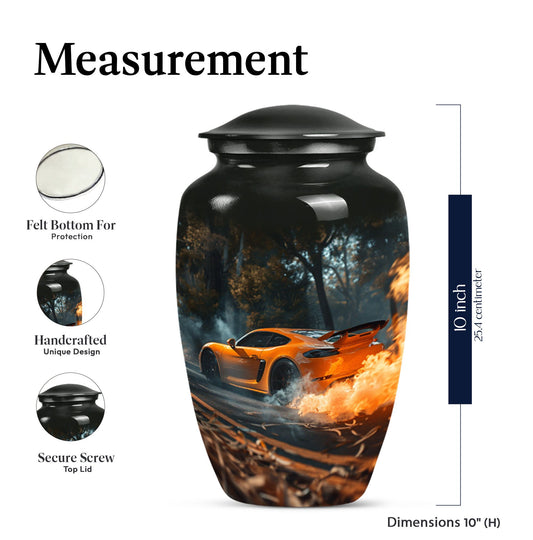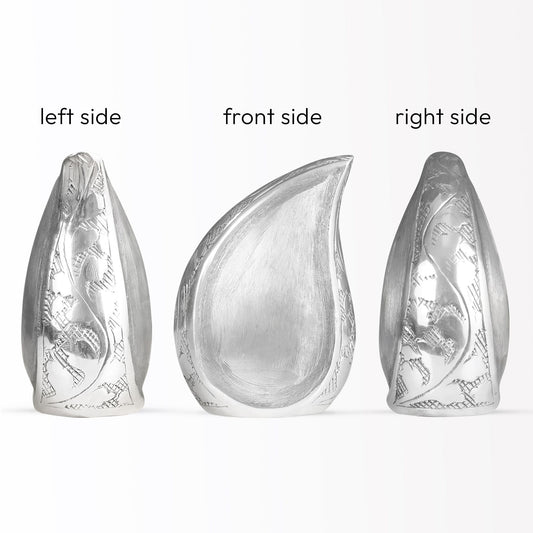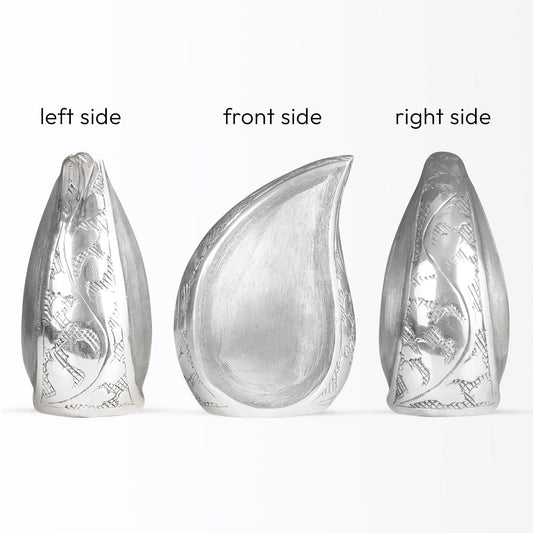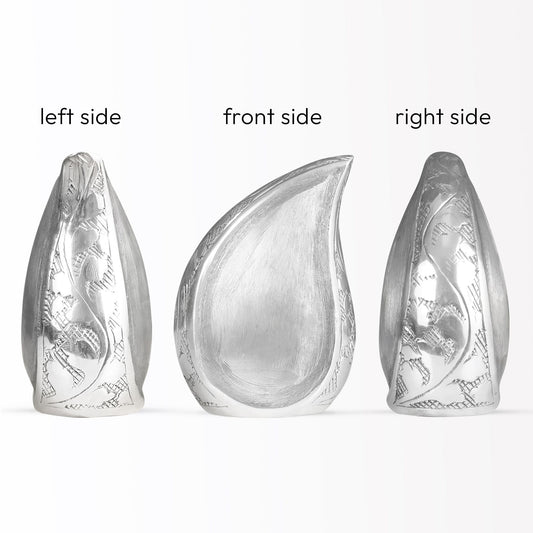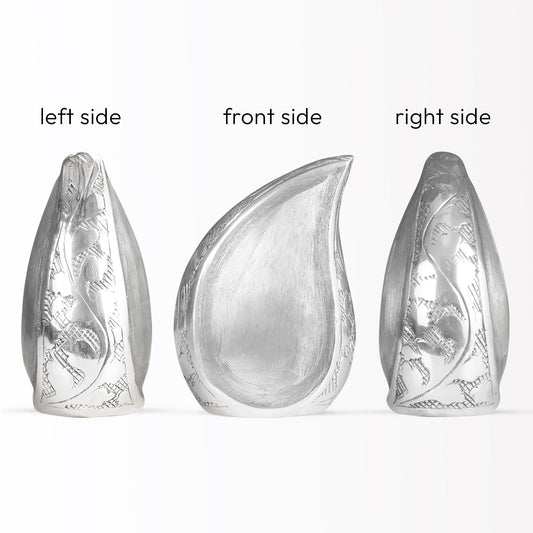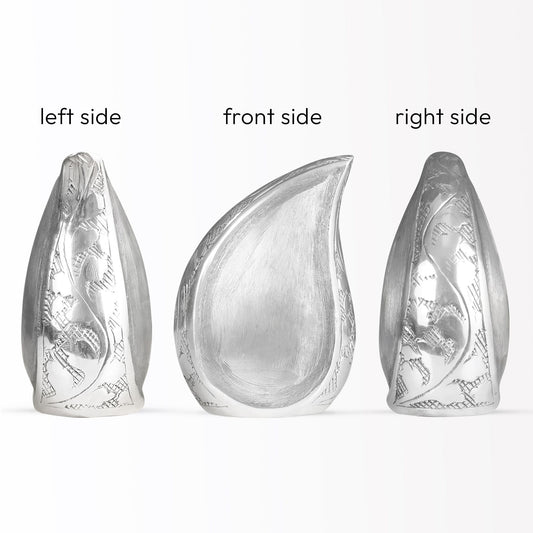Popular Urns
Illinois Cremation Laws and Details

To promote the rights of a family, handle remains properly and maintain proper procedures and details in cremation procedures, these Illinois cremation laws apply. These regulations might just help the citizens manage any cremation process so elegantly, hence bringing on board proper decisions by ensuring that there is suitable arrangement about the deceased person as dictated by law.
Authorization requirements:
In Illinois, the legal next of kin and even the person who has the legal right to make decisions on remains cannot cremate a body without a written consent. Such consent is usually signed in the presence of the funeral home personnel. The consent usually occurs before the cremation ceremony can begin.
Whether there is one or several family members concerned, under Illinois law, all legal rights decision makers must be unanimous about consenting to the cremation for it to occur, thus ensuring everyone's views have been taken into consideration.

Waiting Period:
Twenty-four hours must pass between the time of death and cremation. This allows time for last wishes, arrangements, and possibly an autopsy to be completed. In addition, the death is under investigation or suspected foul play in which case cremation is delayed until proper authorization is received from the coroner or medical examiner.
Transportation and Handling of Remains:
Remains transport in Illinois is covered by the state health and safety standards. It shall be the responsibility of a licensed funeral home and crematorium to move and keep the body in respect and care. The body is moved in leakproof containers, and embalming is only done when the delay is long before cremation or if the body is going to be publicly exposed.
Cremation Process
After being permitted, cremation itself shall be performed by a licensed crematory operator. Illinois law requires stiff standards in crematories about accurate identification and treatment. In this, identification is provided using tags or papers on the body of the deceased to avoid an overlapping mix-up; all personal effects are returned to the family unless otherwise instructed.

Ashes and Final Disposition
Once the remains are incinerated, families decide what they would like to do with the ashes. Ashes can be preserved in urns, and it is also possible for them to be scattered at a designated land, and the land can be from a cemetery or private place that has been permitted from the owner. The ashes can also be buried; the state does not permit the family to keep them at home or scatter anywhere; however, permission needs to be sought if done on private property.
Therefore, the Illinois cremation law is in a context that has the upholding of the deceased's wishes as the backdrop, with regard to protecting family rights and respectable safety. This law has been known to help lead people to make decisions about their loved ones, thus giving them an informed, respectful choice according to state regulations.
ALSO READ:
A Guide to Funeral and Wake Etiquette: What to Know



















